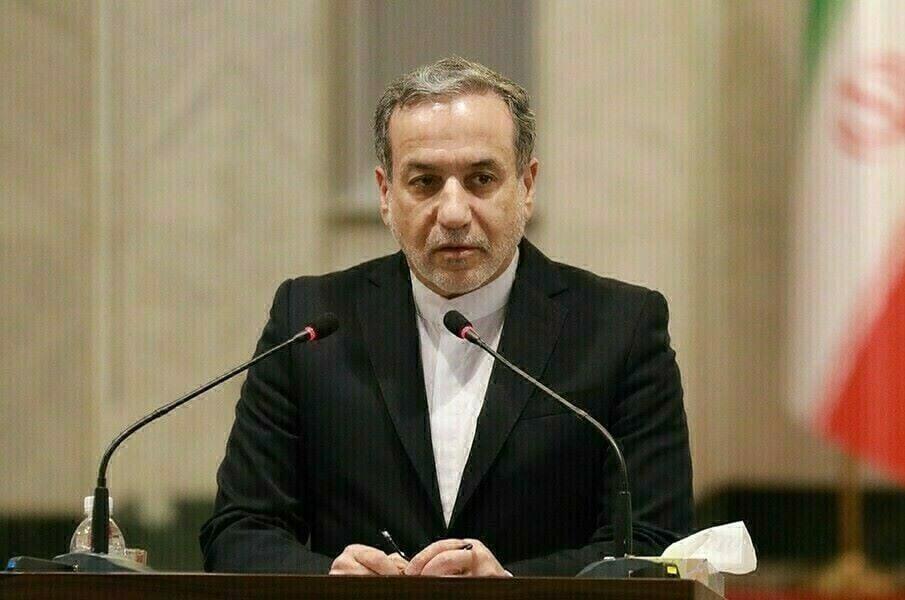Iran’s Foreign Minister Abbas Araqchi arrived in Islamabad on Monday for a one-day visit in the midst of rising tensions between Pakistan and India after last month’s attacks on tourists in Indian illegally occupied Jammu and Kashmir (IIOJK).
Islamabad has rejected India’s accusations of involvement and said it has credible intelligence that suggests that New Delhi may be planning military action. The ongoing standoff has triggered regional alarm over a potential escalation between the nuclear armed neighbors.
Iran’s ambassador to Pakistan, Reza Amiri Moghadam, told state media that Araqchi’s meetings would treat “ways to reduce tension in the subcontinent” because of Iran’s close ties with both India and Pakistan.
Abbas Araqchi was welcomed at the airport by additional secretary West Asia Syed Asad Gillani, Iranian envoy and other senior Pakistani officials.
During the visit, the Foreign Minister is expected to hold conversations with President Asif Ali Zardari, Prime Minister Shehbaz Sharif and Deputy Prime Minister and Foreign Minister Senator Ishaq Dar.
Pakistan’s Foreign Office (FO) said that the high -level visit reflects the “deeply rooted and strong relationship between Pakistan and the fraternal nation in Iran” and confirms mutual obligation to strengthen cooperation.
Abbas Araqchi is expected to travel to New Delhi later this week, although it remains unclear whether the visits were predicted or an answer to the crisis.
FO added that the two sides will also exchange views on the important regional and global development.
India has not responded to Pakistan’s diplomatic search. Its Foreign Ministry has previously rejected third -party mediation over Kashmir.
Pakistan, meanwhile, has reached several capitals regarding the situation, including Russia. In a recent call with his Pakjstani counterpart, Russian Foreign Minister Sergei Lavrov urged restraint and emphasized the importance of diplomacy to draft tensions.
Islamabad has also requested its UN broadcast to seek a security council’s briefing on what it expresses India’s “aggressive actions” that threatens regional peace.



